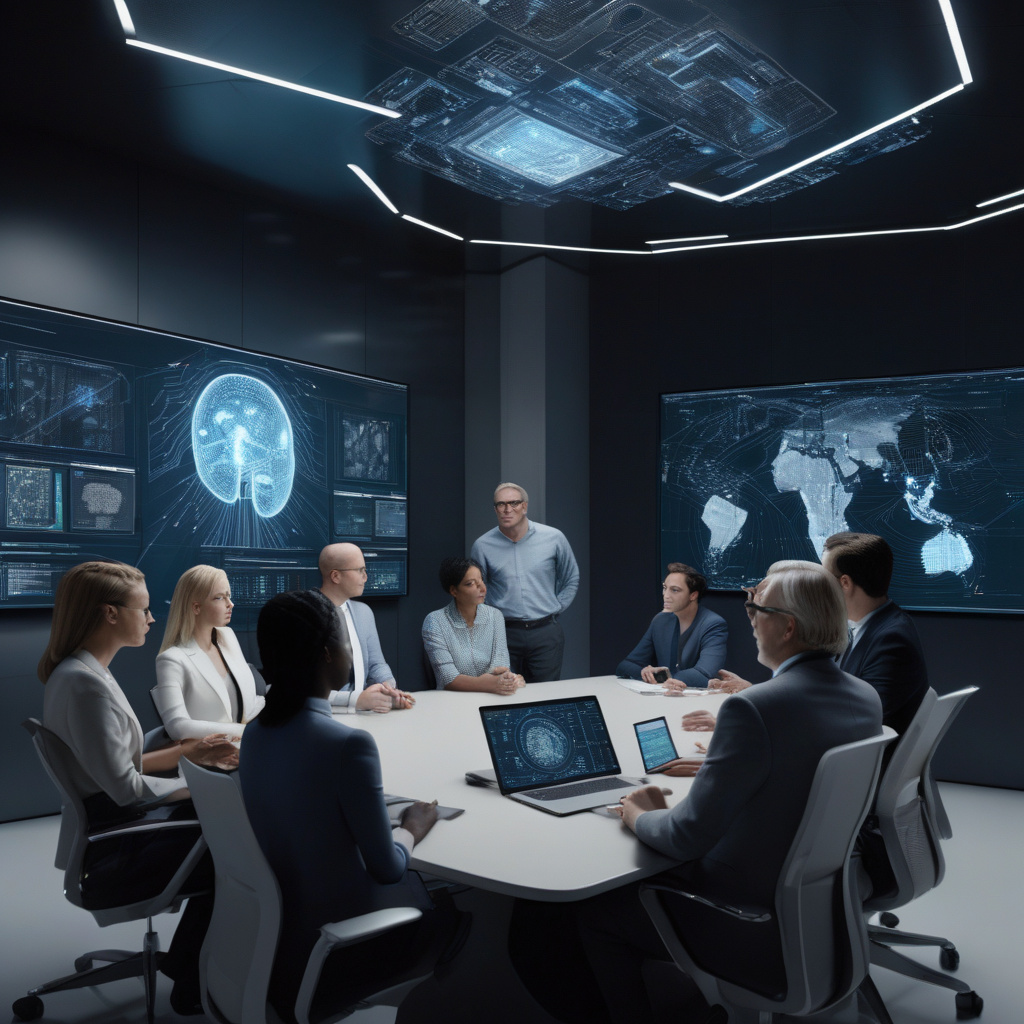In the realm of software development and cybersecurity, the concept of artificial intelligence (AI) reviewing its own code for security has sparked a heated debate among experts. Anthropic’s recent introduction of automated security reviews for Claude Code has ignited a flurry of opinions within the industry. While some professionals view this as a groundbreaking advancement that could revolutionize code security practices, others remain cautious about the implications of AI taking on such a critical role.
Proponents of AI-driven code security argue that machine learning algorithms can rapidly identify vulnerabilities, detect patterns, and mitigate risks more efficiently than human developers. By leveraging AI to review its own code, organizations can potentially enhance the speed and accuracy of security assessments, leading to more robust defenses against cyber threats. This automated approach also promises to free up human resources, allowing developers to focus on more complex tasks while AI handles routine security checks.
On the other side of the spectrum, skeptics raise concerns about the reliability and ethical implications of entrusting AI with the responsibility of evaluating its own code. The inherent black-box nature of AI algorithms poses challenges in transparency and accountability, raising questions about how decisions are made and whether biases could impact security assessments. Additionally, the dynamic nature of cybersecurity threats necessitates human intervention and oversight to adapt to evolving risks effectively.
Amidst these divergent perspectives, the key lies in striking a balance between AI-powered automation and human expertise in code security. Integrating AI into the code review process can augment existing practices, but it should not replace human judgment entirely. Collaborative efforts that combine the strengths of AI algorithms with human insights are likely to yield the best results in enhancing code security while upholding ethical standards.
As the debate on AI reviewing its own code continues to unfold, it is essential for organizations to critically evaluate the benefits and risks associated with this approach. By fostering a culture of continuous learning and adaptation, businesses can navigate the complexities of AI-driven security reviews while ensuring that human intelligence remains at the forefront of decision-making processes. Ultimately, a harmonious blend of AI and human capabilities is poised to shape the future of code security in a rapidly evolving digital landscape.
In conclusion, the discourse surrounding AI reviewing its own code for security reflects the dynamic intersection of technology and ethics in the realm of software development. While divergent opinions abound, the path forward lies in harnessing the collective strengths of AI and human expertise to fortify code security measures effectively. By embracing innovation while upholding ethical standards, organizations can pave the way for a more secure and resilient digital ecosystem.

